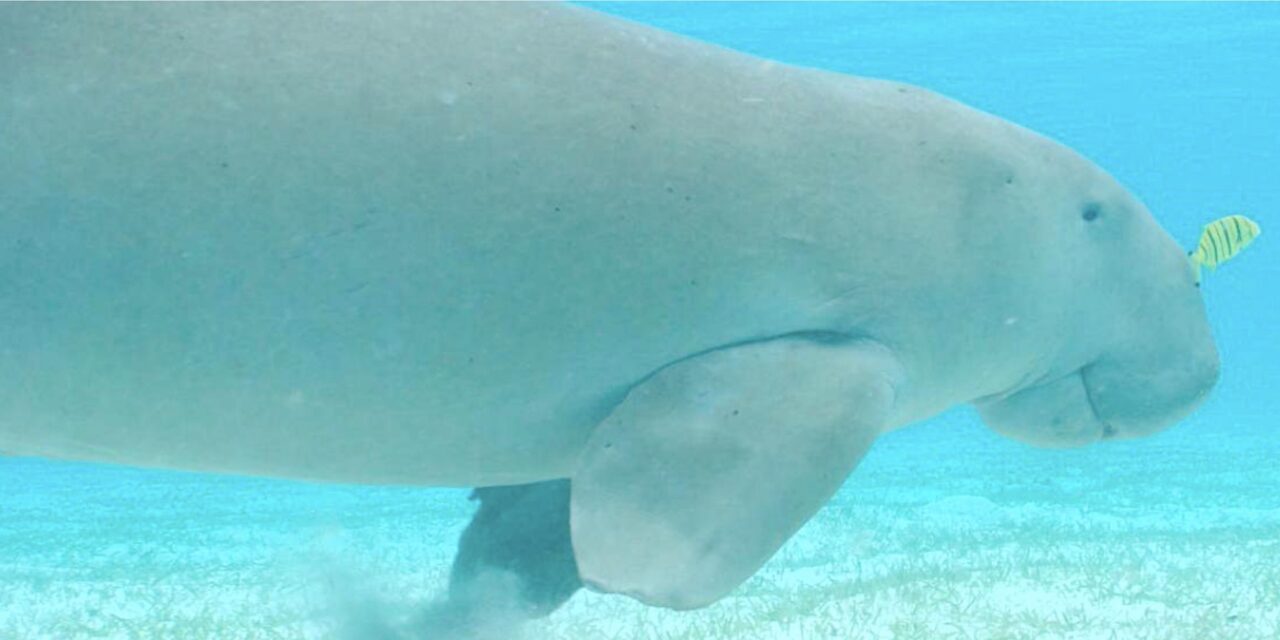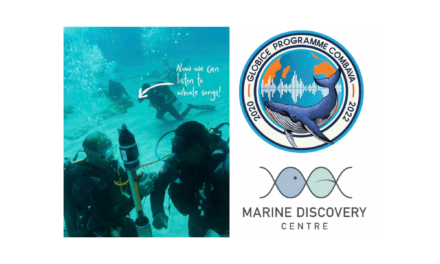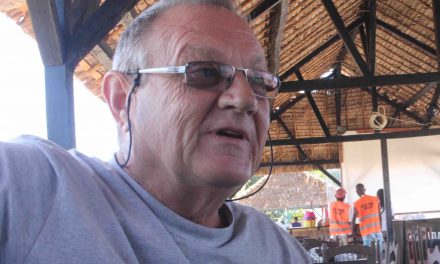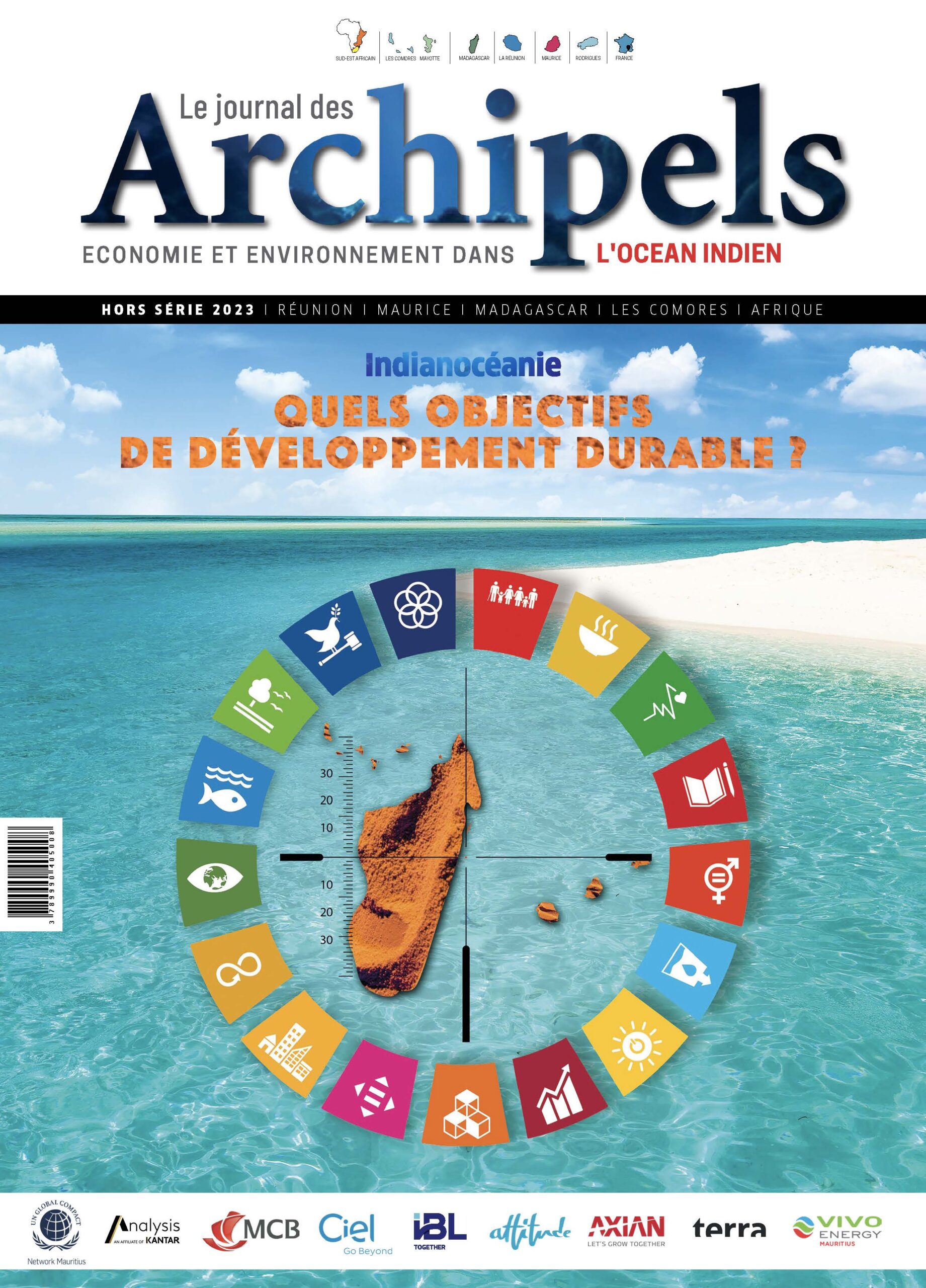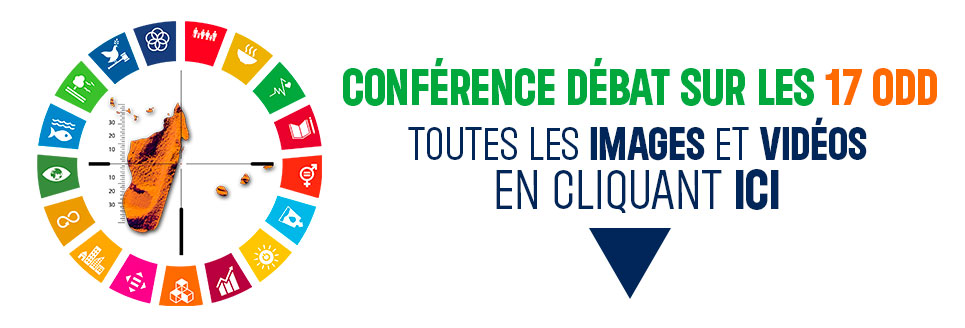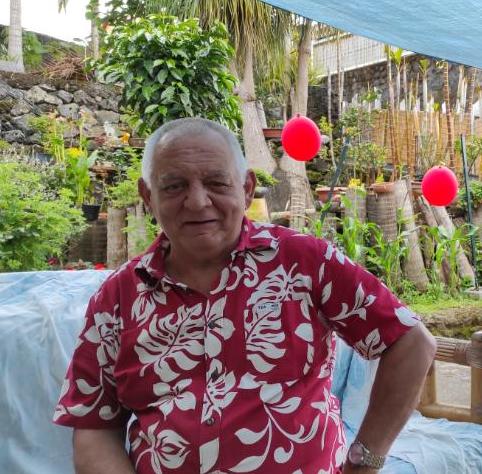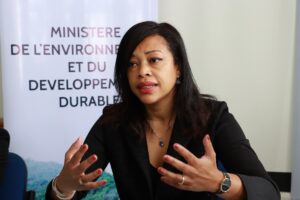On the occasion of the presentation of the National Biodiversity Strategy 2021-2030 at the IUCN World Conservation Congress in Marseille on September 9, Sébastien Lecornu, Minister of Overseas Territories, and Bérangère Abba, Secretary of State in charge of Biodiversity, announced a new National Action Plan (NAP) aimed at preventing the decline of dugongs, the last of the “mermaids” of the island of Madagascar.
The State has thus decided to continue its efforts in favor of dugong conservation through a second PNA for the years 2021-25. Present in tropical and subtropical waters of the Indo-Pacific, from the coasts of East Africa to Vanuatu, the dugong is a herbivorous marine mammal, belonging to the order Sirenia, which lives exclusively in marine waters. Its biological characteristics, its low growth and reproduction rate, and its diet (which depends on coastal habitats, particularly marine phanerogam meadows) make it particularly vulnerable to anthropogenic impacts. The dugong is now classified as vulnerable by the International Union for Conservation of Nature (IUCN). It is listed in Appendix I of the Convention on International Trade in Endangered Species of Wild Fauna and Flora (CITES). The dugong is also fully protected in France by the decree of July 1, 2011 establishing the list of marine mammals protected on the national territory and the terms of their protection.
To reinforce the knowledge of this animal…
In Mayotte, the dugong population, which was relatively abundant in the past, does not exceed ten individuals today. This situation makes it urgent to adopt a conservation strategy for the dugong population on a territorial scale. The evaluation of the first plan implemented from 2012 to 2017 indicates that despite the measures adopted, the overall conservation status of the dugong remains unfavorable and that the conservation effort must be continued. The main challenge of the 2021-2025 plan is to prevent the decline of the local dugong population in Mayotte by combating the direct threats to the species and to restore a favorable conservation status in the long term. Stopping the capture of dugongs during fishing activities, intentional or accidental, is an absolute priority. A special effort will be made to improve the knowledge and the local ecology of the species.
The plan has two parts
Acquire knowledge about the species and its habitat :
. inventory of deep sea grass beds,
. centralization of data on the location of the species and the abundance of individuals,
. analysis of biological samples taken from stranded individuals,
. networking of the actors and sharing of regional data on the species.
Better protect the species, and raise awareness :
. information meetings with fishermen,
. reinforcement of the controls,
. elaboration of a rescue procedure for dugongs,
. following the example of the existing procedure for turtles
By Bacoco Saïd in Marseille Photo : M.O.M


